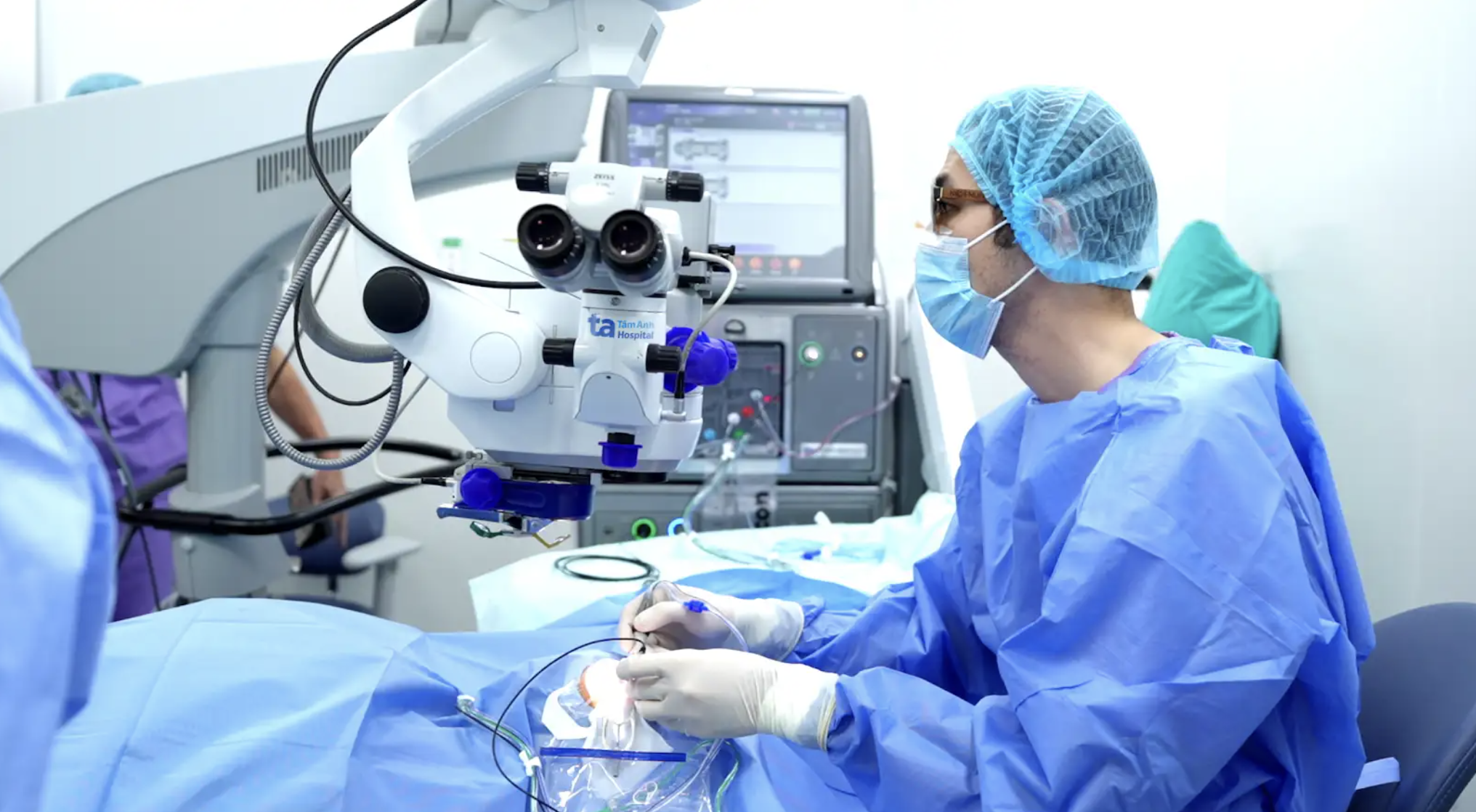Answer:
The retina is a crucial part of the eye containing light-sensitive cells. Retinal detachment, where the retina separates from its normal position, causes vision impairment. If not detected and treated promptly, it can lead to permanent vision loss.
Warning signs often include seeing flashes of light, noticing many dark spots or blurry streaks floating in front of the eyes (floaters). Some people also experience sudden blurred vision or a shadow or curtain obstructing part of their vision, especially in the peripheral area (the area where the eye can see what's around, outside of direct vision). Since you are experiencing reduced vision and have been diagnosed with a detached retina, early intervention is crucial to preserve your eyesight.
Several treatment options exist depending on the severity. These include laser surgery (laser photocoagulation), cryotherapy combined with a silicone band around the eyeball to stabilize the retina, or, in severe cases, a vitrectomy (a surgical procedure inside the eye). These procedures aim to reattach the retina and restore vision. However, time is of the essence; early treatment increases the chances of vision recovery.
Vitrectomy is a complex procedure that may involve injecting an expanding gas or silicone oil to press the retina back into place. Vision does not recover immediately after vitrectomy but improves gradually. Patients must adhere to follow-up appointments and the doctor's care instructions. Because retinal detachment can recur after surgery, regular eye care and check-ups are essential.
 |
Dr. Hung performs a vitrectomy to treat retinal detachment. Photo: Tam Anh Hospital |
Dr. Hung performs a vitrectomy to treat retinal detachment. Photo: Tam Anh Hospital
Individuals at high risk of retinal detachment include those with severe nearsightedness (retinal degeneration due to an elongated eyeball). People over 50 are also at higher risk due to the eye's natural aging process. Direct eye trauma, such as accidents or strong impacts, can also cause retinal detachment. Underlying conditions like diabetes or high blood pressure increase the risk of retinal damage, especially in those who have had eye surgery, such as cataract surgery. You should reassess these risk factors to pay more attention to eye care and conditions affecting vision.
Dr. Bui Viet Hung, MD, PhD
Head of Vitreoretinal Department
High-Tech Eye Center
Tam Anh General Hospital
| Readers can submit questions about eye diseases here for doctors to answer. |












